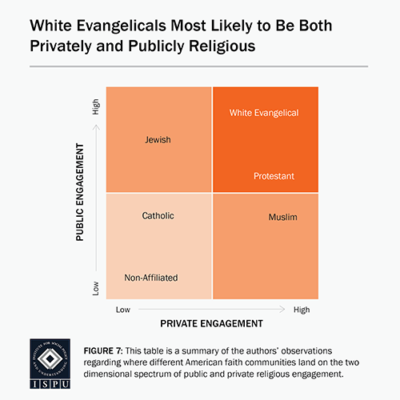Historically, Islam was invisible from our educational system, training of diplomats, and in the media. The interest in Islam started with the Iranian revolution. This interest was triggered by a negative factor of trying to understand “the enemy.” Many people choose to see Islam through the lens of terrorist actions, despite the fact that this is a very small percentage of the 1.4 billion Muslims across the globe. People also try to understand Islam through the actions of Muslim majority countries like Saudi Arabia, Afghanistan, or Iran. People tend to equate Islam with the Arab world or the Middle East, even though the majority of Muslims are not Middle Eastern (For more on equating Muslims with Islam see here). Since the Iranian revolution much has changed. Islam is now found in many educational institutions and in the media. Nevertheless, media is driven by headlines which focus on negative aspects such as crimes and conflicts.
https://livequranforkids.com/learn-quran-online
What is the proper lens through which Islam should be understood? The fact of the matter is that there are many lenses and perspectives in all religions and cultures. However, there are certain lenses that the vast majority of people would agree are wrong. For instance, the vast majority of Christians throughout the world would concur that the KKK is not representative of Christianity. Christianity should not be judged or understood through the lens, actions, or hate speech of the KKK. Similarly, Islam should not be understood through the actions of terrorist organizations or individuals. Islam has no pope figure. Therefore, one will find a plethora of opinions and interpretations about what constitutes authentic Islam. This does not mean that truth does not exist and that all opinions and interpretations are valid. One can easily sift out the incorrect interpretations by looking at the majority of Muslims. Like the majority of Christians, most Muslims despise terrorist groups. Islam must be understood through the lens of Muslim scholarship.
